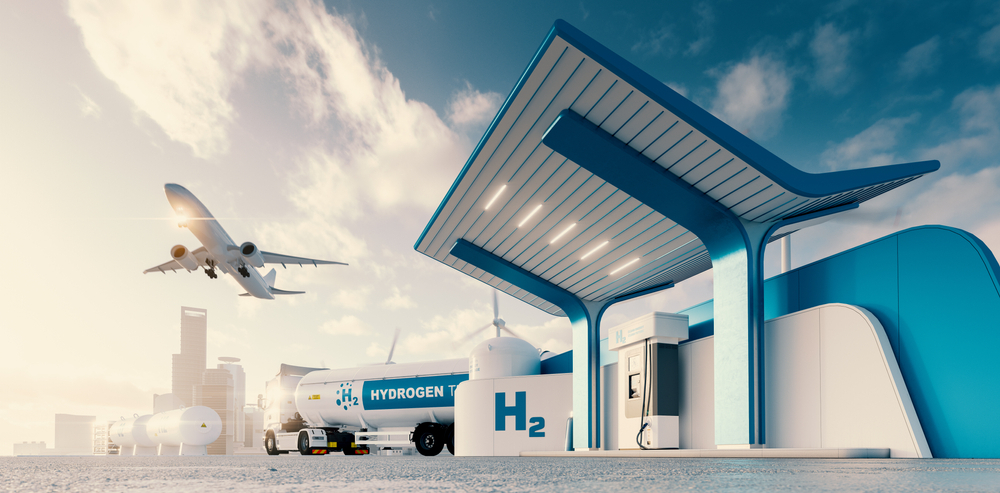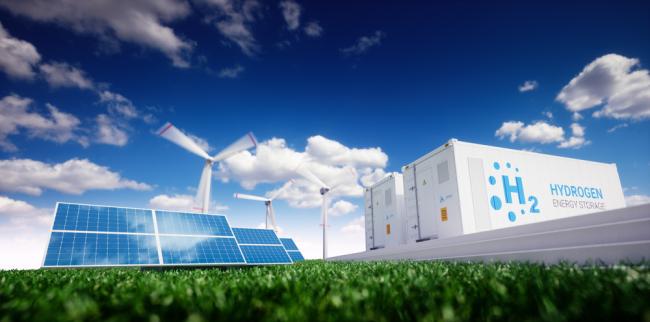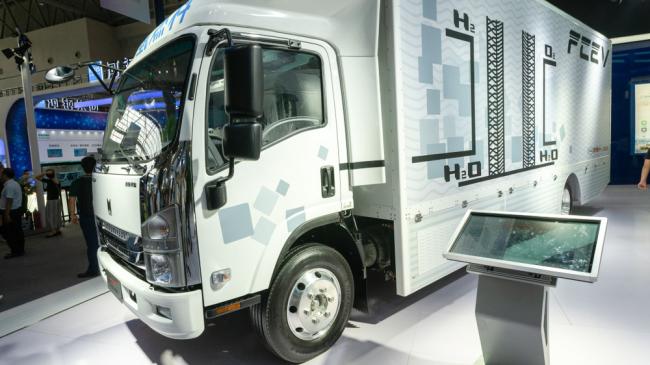The International Dimension of Hydrogen: What Value Chains Could Develop and Are Large Hydrogen Imports Realistic?

Practical information
Themes and regions
Related centers and programs
Hydrogen will play a role for reaching climate neutrality and is key to industrial recovery strategies in Europe. Japan and Germany have developed large hydrogen import plans, while others, such as Australia, Chile, Saudi Arabia, the UK, Spain, Portugal or Russia, are planning for exports.

Imports will notably depend on supply, transport and distribution costs & competitiveness, technology progress, locations, domestic demand/local supply levels, the role of electrons versus molecules, and overall support strategies. Dozens of international projects are already being planned, tested, or developed, both up and mid-stream. The webinar aims to discuss how international hydrogen value chains could realistically take shape by 2030, what are their limit, uncertainties, and advantages, where and in what form hydrogen could be produced and transported, and what these findings imply for European hydrogen strategies, including in their industrial dimension.
This debate will be held in English
Program
Introduction by the chair: Marc-Antoine Eyl-Mazzega, Director, Center for Energy & Climate, Ifri
- European low-carbon hydrogen: local production or imports?
Cedric Philibert, Senior Associate Fellow, Center for Energy & Climate, Ifri
- Perspectives of the European Hydrogen Backbone
Marie-Claire Aoun, Head of Institutional Relations, Terega, Chair, Gas for Climate
- The technological dimension: are we already moving beyond pure hydrogen to other gases and how is Germany addressing the technology / cost challenges to be leading in this industry
Kilian Crone, Team Leader International Markets Hydrogen, German Energy Agency (DENA)
Debate with the participants
Find out more
Japan’s Hydrogen Society Ambition: 2020 Status and Perspectives
Japan has been steadfastly promoting the development of its hydrogen economy at all levels: political, diplomatic, economic and industrial. It is yet to be seen if this excitement can be turned into a credible, cost-effective and large scale deployment.
Perspectives on a Hydrogen Strategy for the European Union
There is now a wide understanding that larger use of clean hydrogen in future can be an important mean to achieve decarbonisation of the European economy.
Prospects of a Hydrogen Economy with Chinese Characteristics
This study assesses the prospects of a hydrogen economy with Chinese characteristics. Against the backdrop of an escalating US-China trade war and the ongoing novel coronavirus (COVID-19) pandemic, key Chinese stakeholders become increasingly interested in moving the hydrogen economy agenda forward.
Related Subjects
Other events

Paris Naval Conference 2026: Naval Rearmament and Operations in Contested Waters
This fourth edition of the Paris Naval Conference (CNP), bringing together high-level military, industrial, and academic speakers, will address the challenges associated with general naval rearmament and naval operations in increasingly contested environments.

Is Fusion Coming Faster and Cheaper than Expected?
ITER was for long time the embodiment of fusion as an international, long standing R&D cooperation objective to seek a new way to produce safe, low carbon and abundant low carbon electricity. Yet over past years, fusion start ups, several governments and investors have decided to push fusion R&D and deployment to complement ITER. Major efforts are ongoing notably in the United States, China, Germany, Italy.









